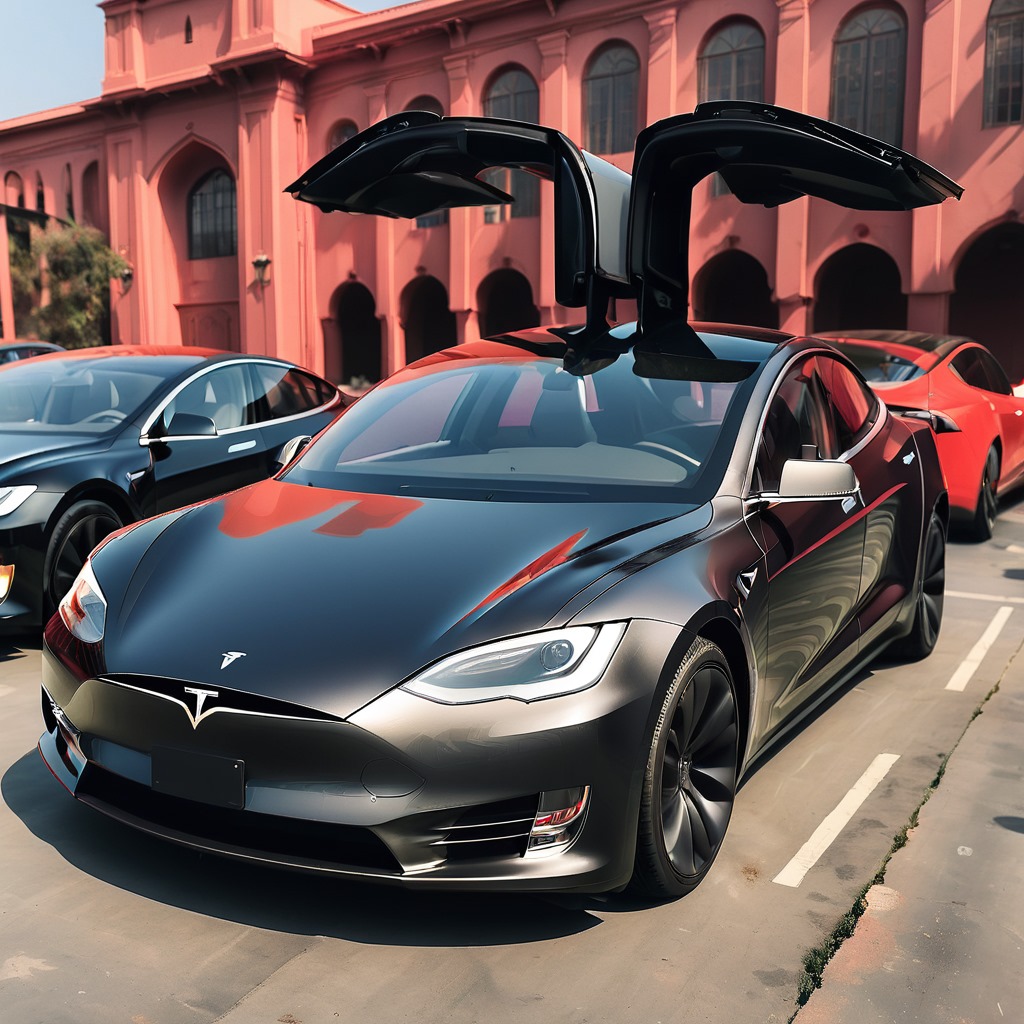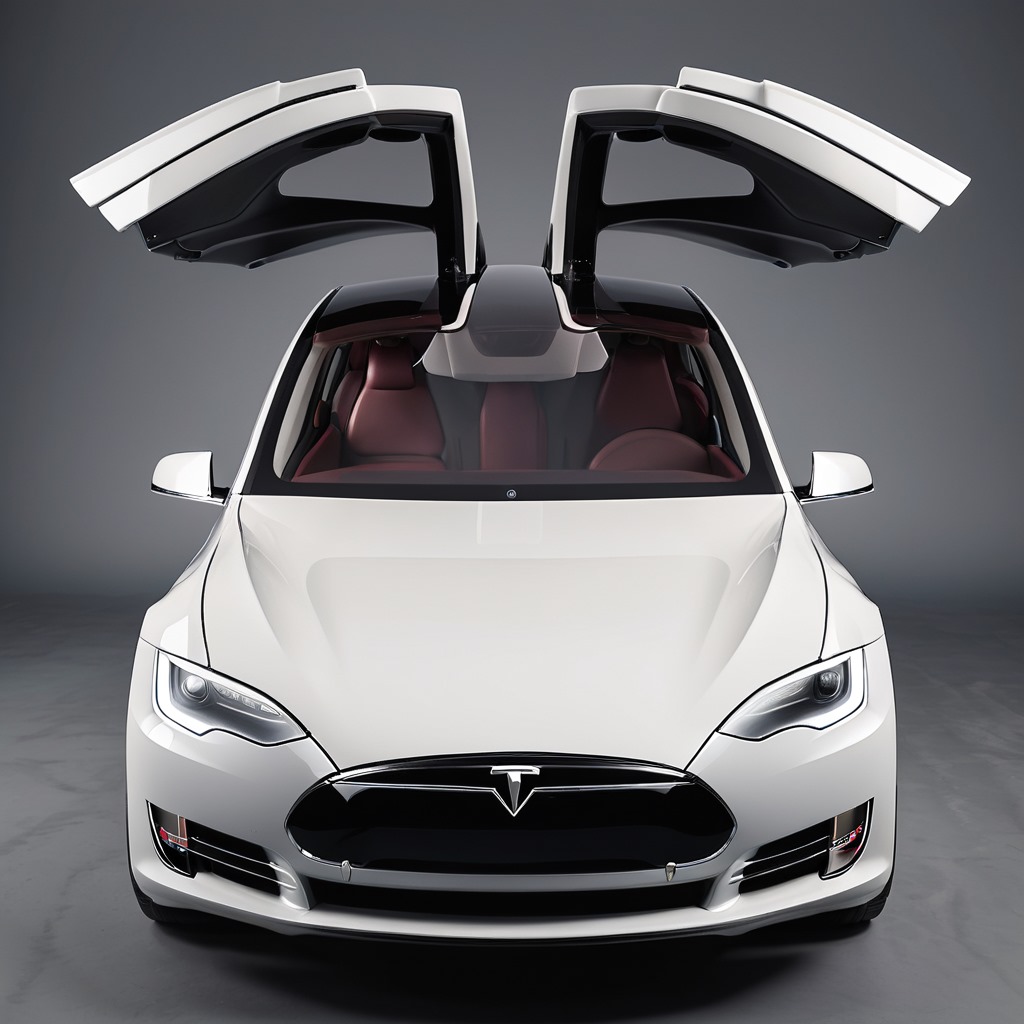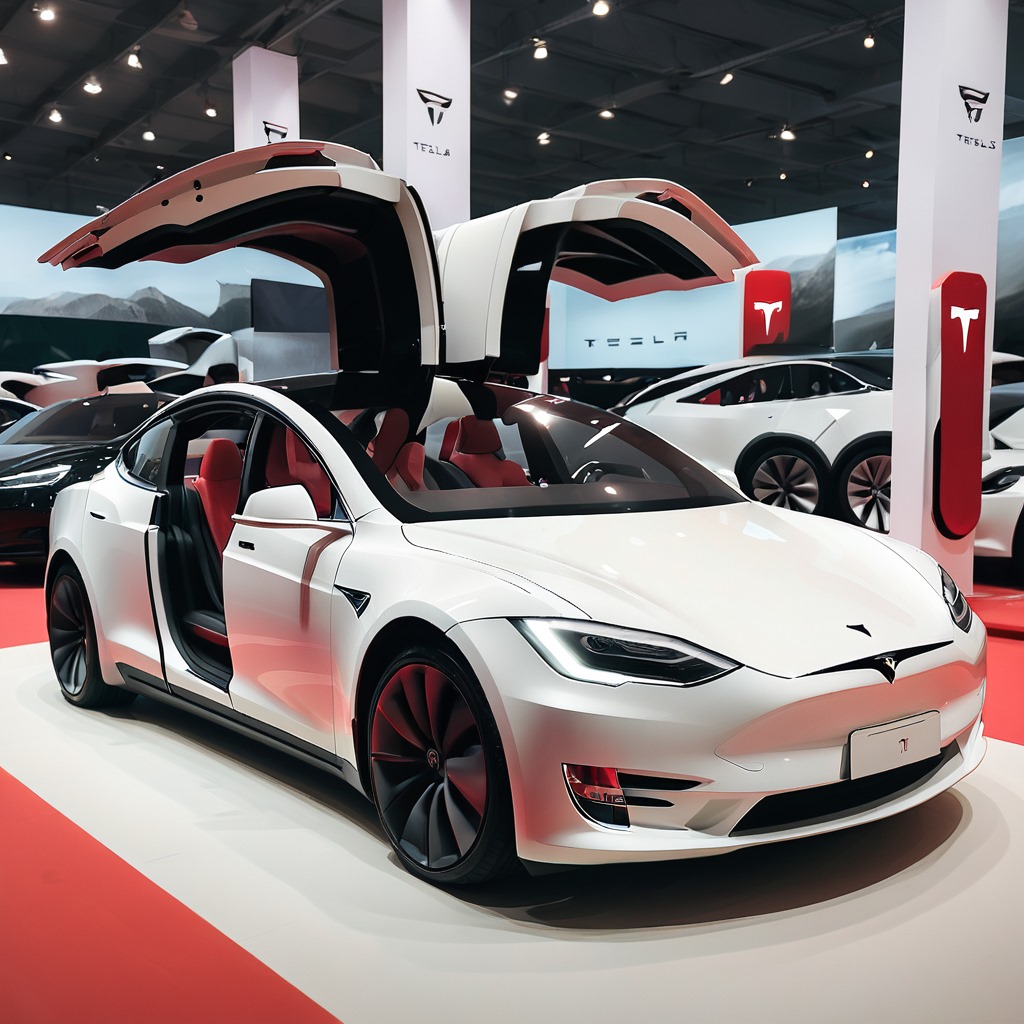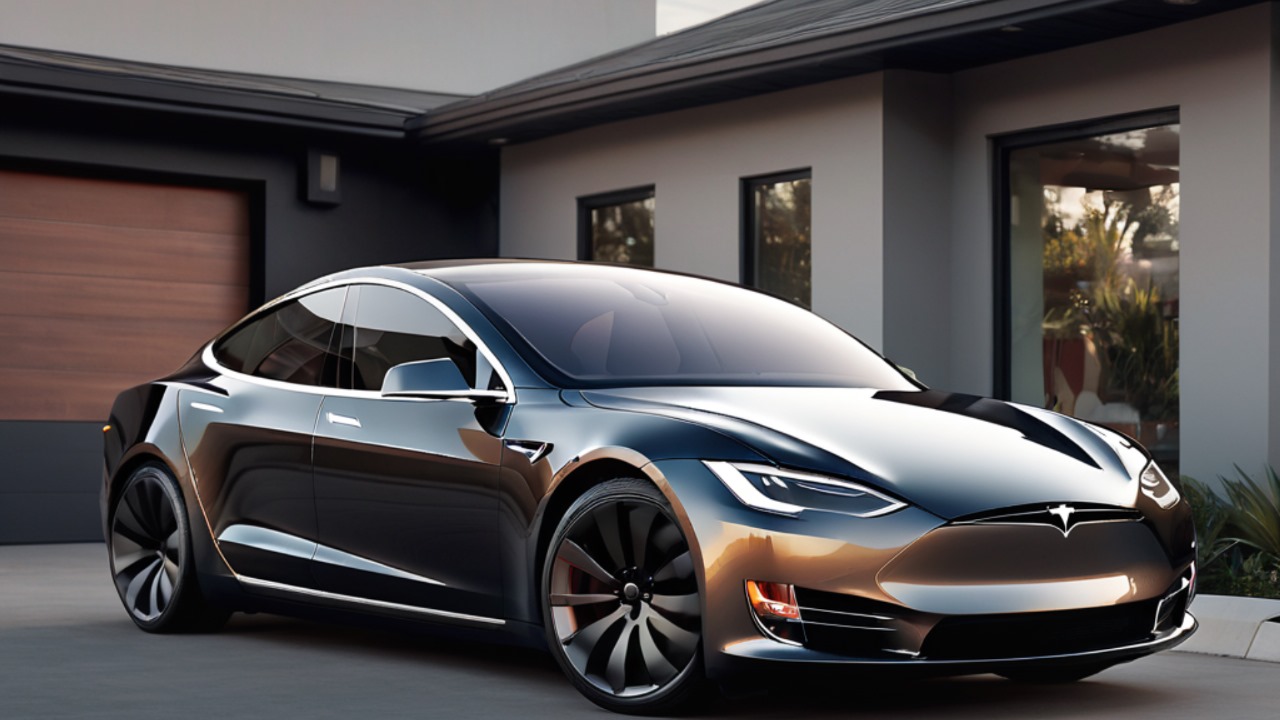Overview.
In the global electric vehicle race Tesla Inc. headed by Elon Musk is notable for being a trailblazer in the electric vehicle (EV) industry. Tesla has completely changed the automotive industry and sparked a global movement toward clean energy with its cutting-edge technology and environmentally friendly energy solutions. Heralding what could be a huge turning point for both Tesla and India the company’s reported plans to enter the Indian market are creating excitement and anticipation. This article investigates the possible ramifications of Tesla’s entry into India looking at the company’s possible obstacles as well as the economic technological and environmental effects.
Impact on the Indian Automobile Industry is anticipated.
The dynamics of markets. The competitive environment in the Indian auto industry is predicted to change significantly as a result of Teslas entry. Recognized for its high-performing software-driven electric vehicles Tesla has the potential to encourage other domestic and foreign automakers to expedite the release of their own EV models. Teslas cutting-edge technology and appealing to consumers would force Indian auto giants like Tata Motors Mahindra and Maruti Suzuki which are already making forays into the electric vehicle market to innovate at a rapid pace.

Innovation and technology.
The technology-driven strategy employed by Tesla has the potential to greatly improve EV technology standards in India. The business sets a high standard for battery management autonomous driving features and integrated mobile apps which may inspire a wave of technological innovation in the Indian automotive industry. Furthermore given Tesla’s dedication to R&D comparable partnerships and investments may be fostered in India enhancing local knowledge and skills.
Financial ramifications: Jobs and Investment.
Significant foreign investment may come to India as a result of Teslas manufacturing processes which are renowned for their high automation and precision. In addition to supporting Prime Minister Modis Make in India campaign establishing a local factory would add thousands of jobs and boost the economy. Furthermore, creating a local supply chain for Tesla could support many small and medium-sized businesses (SMEs) improving the region’s skill development.
Development of infrastructure.
Tesla may expedite the development of EV support systems throughout India by requiring a comprehensive charging infrastructure. It would be imperative to invest in a network of dependable and accessible charging stations potentially incorporating Teslas exclusive Supercharger system. Not only would this expansion help Tesla but it would also support the larger electric vehicle ecosystem easing range anxiety and promoting EV adoption among Indian customers.
Influence on the environment: Cutting Down on Emissions.
When Tesla entered the Indian market the environment would be one of the biggest effects. Adoption of zero-emission vehicles could be very beneficial for India a country that faces severe air pollution in many of its cities. Given their reputation for being environmentally friendly Tesla vehicles may be essential in lowering the transportation sector’s carbon footprint in India.

Solutions for Sustainable Energy.
Apart from electric vehicles Teslas advancements in solar energy and energy storage technologies may facilitate Indias shift to sustainable energy sources. Potential innovations like Powerwall and Solar Roof could contribute to the decentralization of energy production and increase energy security supporting national goals for energy independence and sustainability.
India presents challenges for Tesla: Barriers related to regulations.
There are many regulatory obstacles in Tesla’s way to India. High import taxes regional manufacturing specifications and a convoluted regulatory framework may prevent Tesla from implementing its intended market entry and growth plans. Strategic planning and possibly a large upfront investment to establish local manufacturing facilities would be necessary to overcome these challenges.
Cost Sensitivity.
India’s market is known for being extremely sensitive to price. Teslas current lineup of vehicles may be out of the price range of the typical Indian consumer due to its premium pricing. The introduction of more accessible models or localized manufacturing may be necessary to address this misalignment reduce costs and increase the number of people who can purchase Tesla vehicles.

Rivalry.
The electric vehicle market in the India is growing and not simply waiting for Tesla. With reasonably priced goods local companies are entering this market more and more. In order to the gain a substantial portion of the market Tesla must provide distinct benefits that account for its higher pricing points such as enhanced technology longer range and a strong network of charging stations.
In conclusion.
A new era for the automotive sector and the overall economy is heralded by Tesla’s possible entry into India. Although there are many chances for innovation investment and environmental benefits Tesla will have a difficult time adjusting to the particular requirements and limitations of the Indian market. The degree of Tesla’s success and the extent of its influence on the automotive and energy sectors of India will ultimately depend on how well the company can integrate its business model with the nations economic regulatory and social fabric.

Leave a Reply